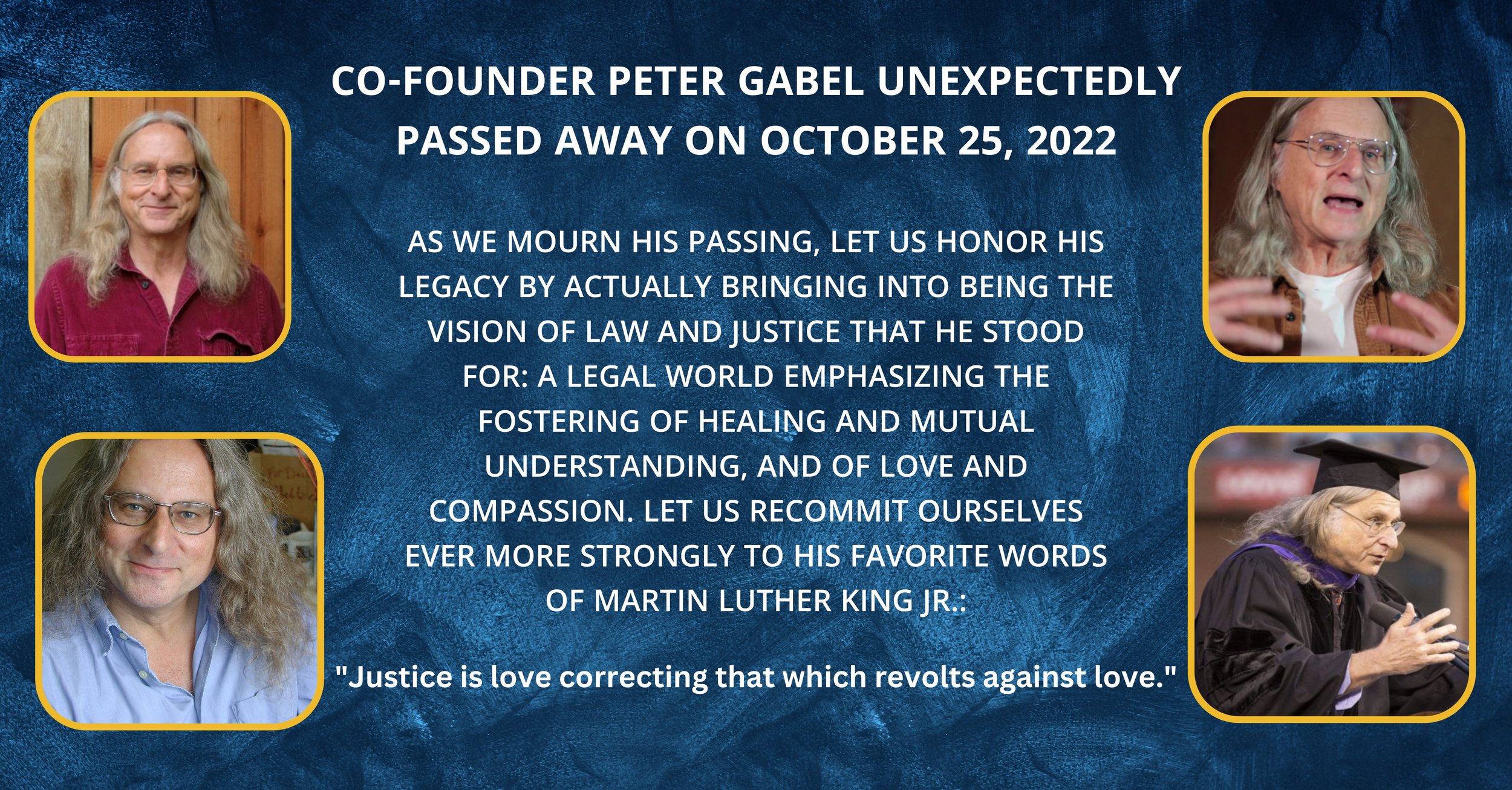The Project for Integrating Spirituality, Law, and Politics (PISLAP) is an international network of lawyers, law professors, law students, legal workers, and others who are seeking to develop a new spiritually-informed approach to law and social change. We believe that law can help bring a world into being where people can fully recognize and affirm each other's humanity and that through new legal processes we can foster empathy, compassion, and mutual understanding.

